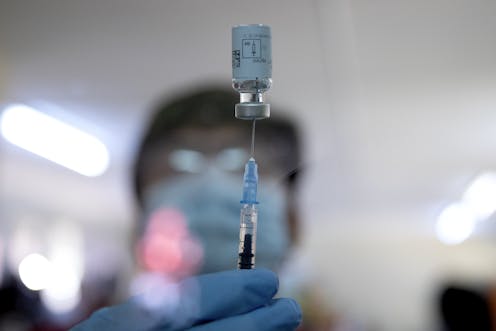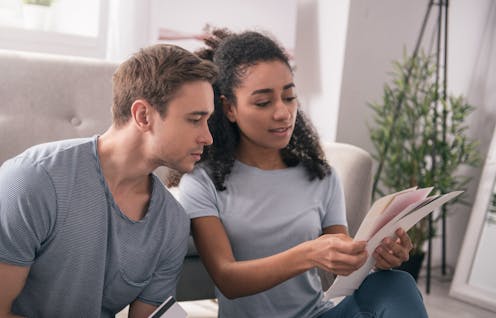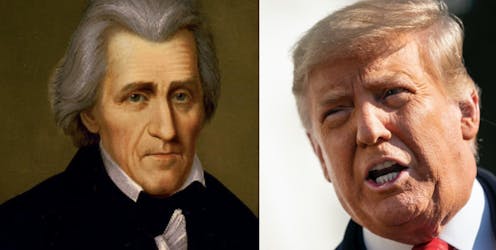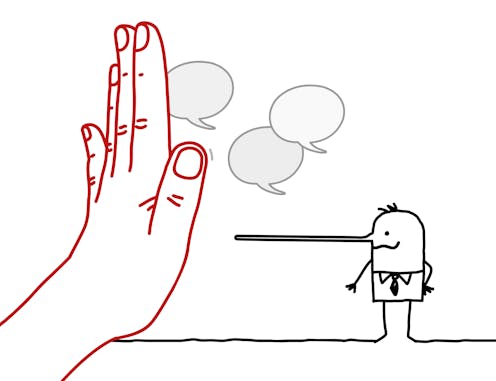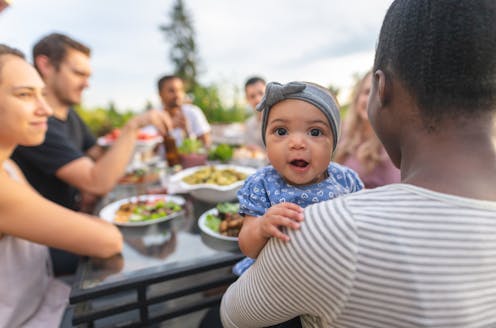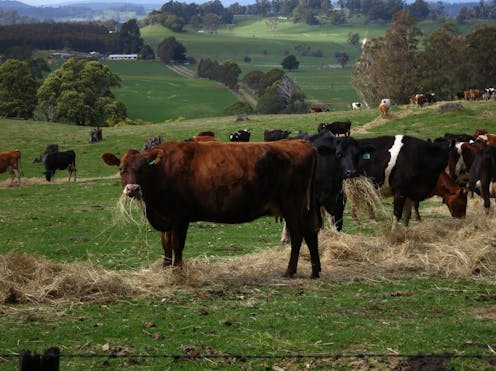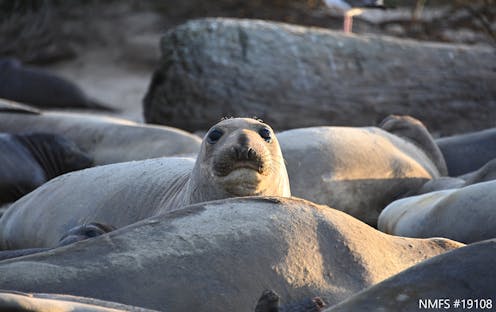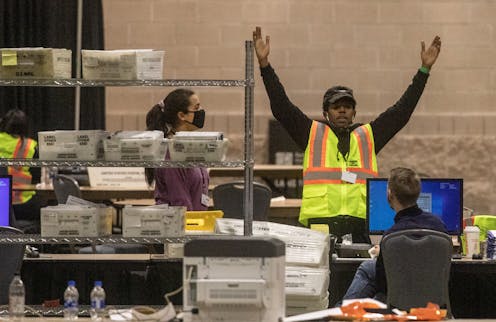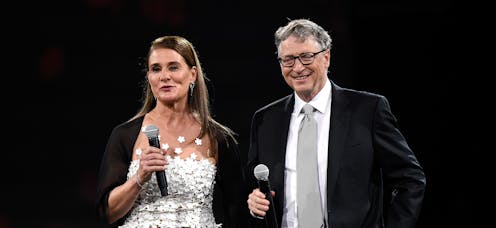Jesus, Paul and the border debate – why cherry-picking Bible passages misses the immigrant experience in ancient Rome
- Written by Rodolfo Galvan Estrada III, Adjunct Assistant Professor of the New Testament, Fuller Theological Seminary
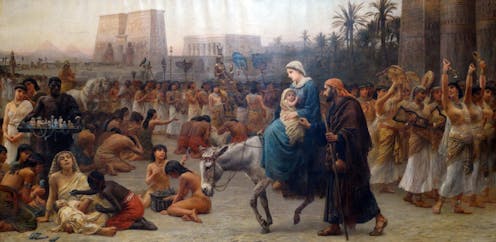 The Bible contains many stories of migration, including that of Joseph, Mary and Jesus.Universal History Archive/Universal Images Group via Getty Images
The Bible contains many stories of migration, including that of Joseph, Mary and Jesus.Universal History Archive/Universal Images Group via Getty ImagesImmigration reform is back on the agenda, with Congress taking up major legislation that could usher in a pathway to citizenship for millions of people living in the U.S. without legal status.
This,...


